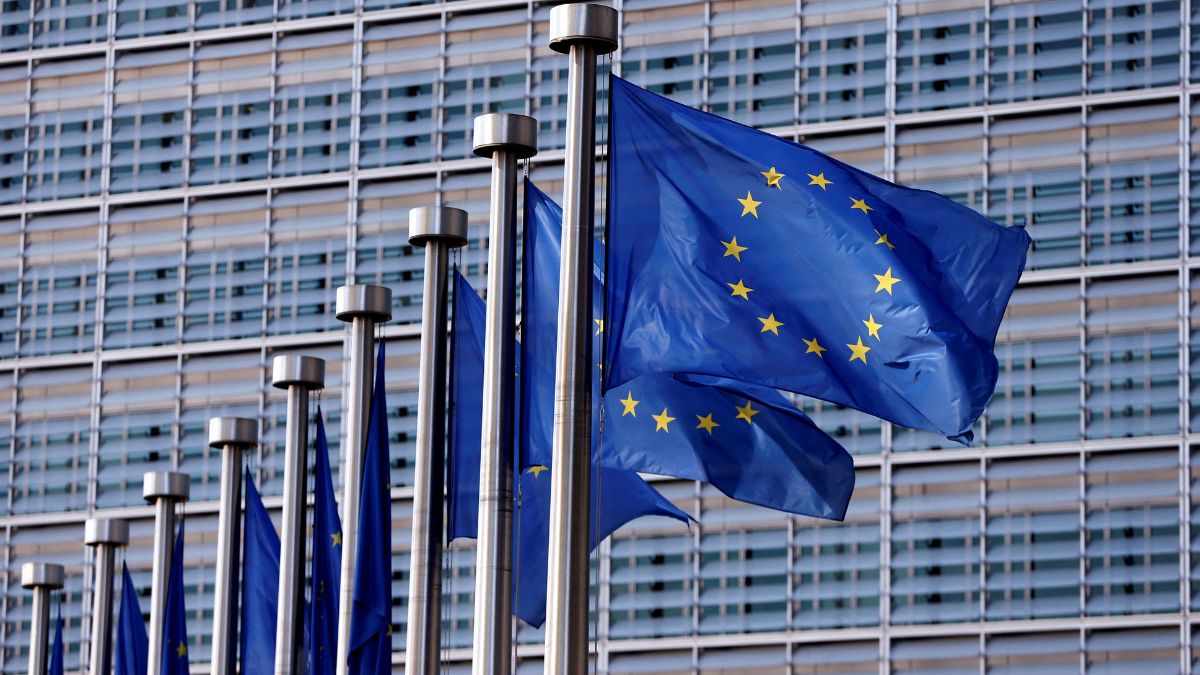European leaders are no strangers to self-criticism, often publicly acknowledging the continent’s political and economic weaknesses. But in China, that scrutiny is amplified—and delivered in far harsher terms.
Many Chinese commentators see Europe as firmly aligned with the United States. “Europe is incapable of truly breaking free from America to become independent,” said a Fudan University scholar quoted by the South China Morning Post. State media has also questioned Europe’s competitiveness, with the Economic Daily noting that “Europe simply lacks the strength to meet the challenges” in key technology sectors.
Some Chinese analysts have even cast doubt on the EU’s longevity. “Whether the European Union can even survive until 2035 is a question,” nationalist academic Zhang Weiwei said on television, as cited by BBC News.
Private assessments, according to Reuters, are often even more scathing.
One consultant likened Europe to “an ageing concubine who cannot accept that she has been ditched by her American emperor,” while another said bluntly, “Europe hates innovation.” A European business representative told The Guardian that during a visit to China’s foreign ministry, he was subjected to a “wolf-warrior-style” rebuke, apparently delivered for sport.
Analysts say China’s perspective often oversimplifies European decisions. Many Chinese observers view Europe as merely following US policy, a lens applied to events like the war in Ukraine. From this viewpoint, Europe seeks stability while the US prolongs the conflict—an interpretation that overlooks Europe’s own security concerns.
Quick Reads
View AllThe Dutch government’s seizure of Nexperia, a Chinese-owned semiconductor firm, drew similar skepticism in Beijing. While the Netherlands maintains the move was driven by economic security, Chinese commentators cited by Reuters assumed the action was coordinated with Washington.
China also appears to overestimate its ability to present itself as a strategic partner.
Beijing hopes to revive stalled trade negotiations and push forward a long-delayed investment agreement, according to the South China Morning Post. But Europe’s economic priorities are shifting: Germany’s trade deficit with China is approaching $100 billion this year, and European companies that once relied on China now see it as a major competitor. Export controls on rare earth minerals have reinforced Europe’s concerns about dependence on Chinese supply chains, according to The Guardian.
Diplomatic tensions are rising too.
In June, the EU cancelled an economic dialogue with China over stalled progress. In October, German Foreign Minister Johann Wadephul postponed a Beijing visit after being denied high-level meetings. Beijing was also reportedly displeased by his comments on China’s “increasingly aggressive” actions in Asian waters, according to BBC News.
China appears to assume Europe poses little threat.
Beijing believes Europe can be easily managed compared with Washington and continues cultivating relationships with countries like Hungary and Spain to weaken EU cohesion.
But experts warn that China may be miscalculating. Continued Chinese support for Russia in Ukraine limits prospects for improved relations. Meanwhile, a surge in Chinese exports could prompt Europe to adopt more assertive economic measures. If that occurs, Europe may demonstrate the resolve China has long underestimated—and the frustration driving Europe’s new stance will be homegrown, not imported from Washington.
)